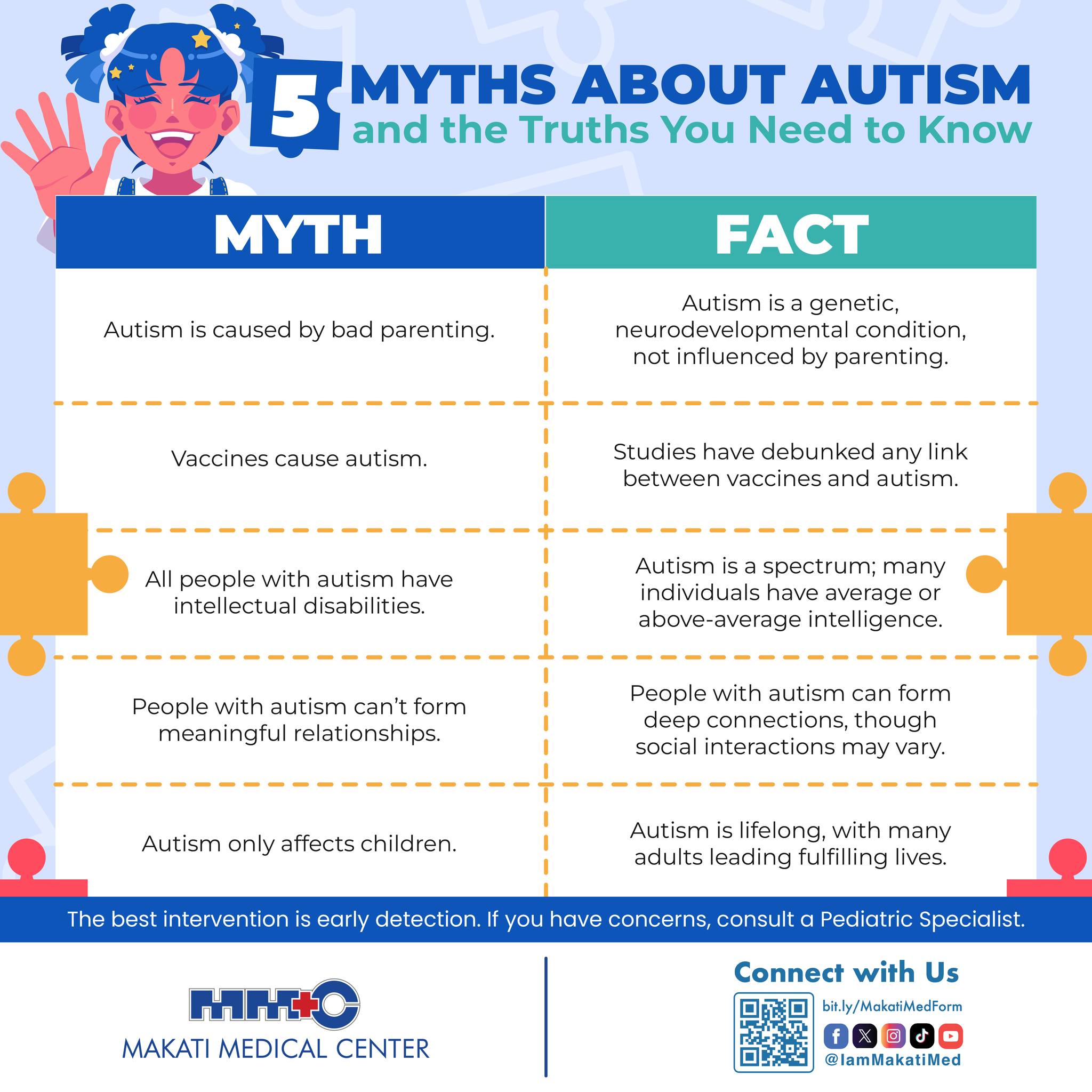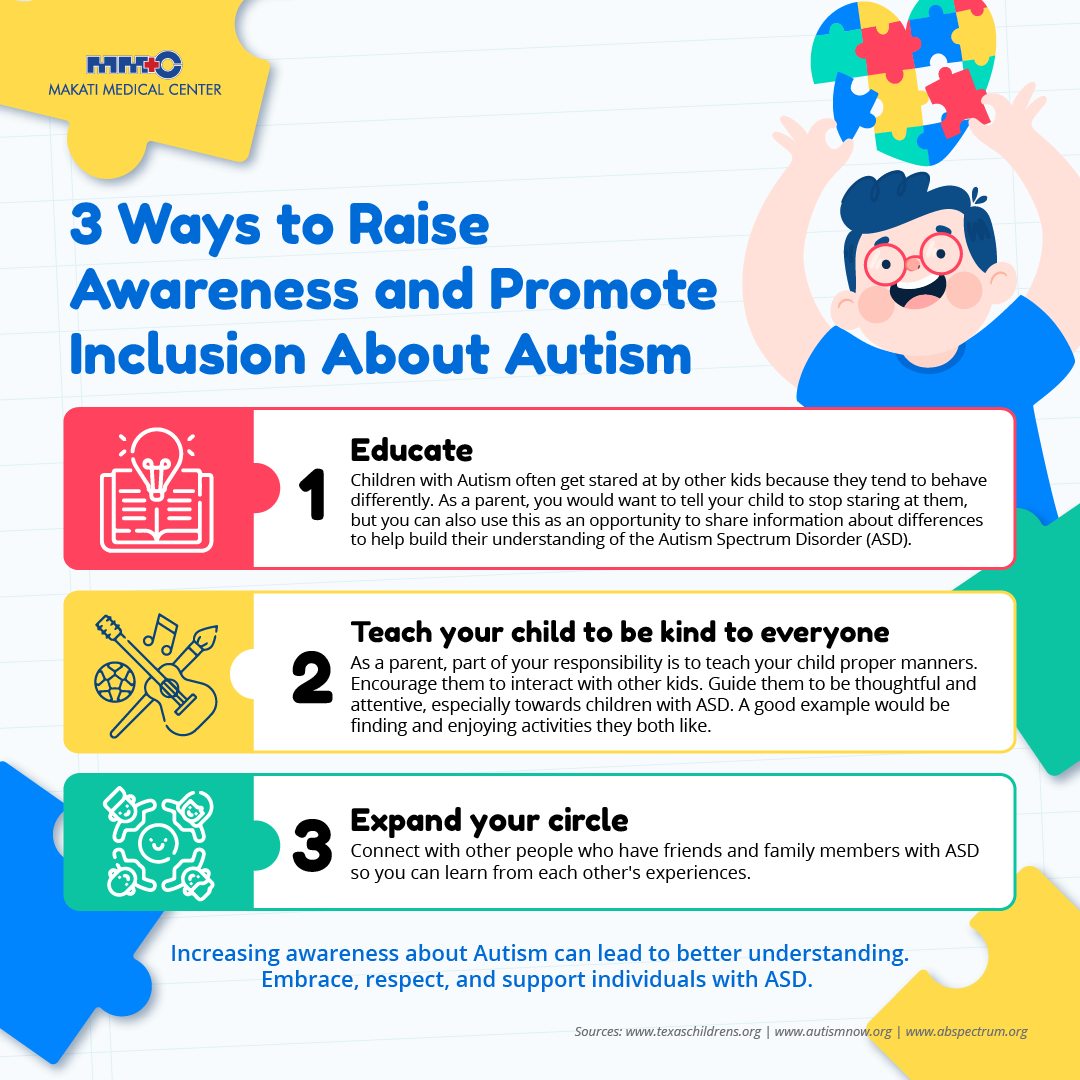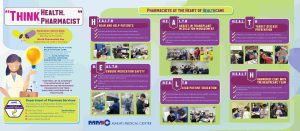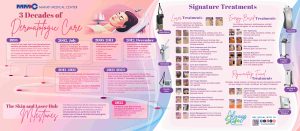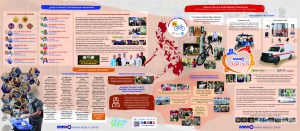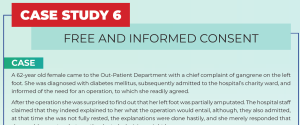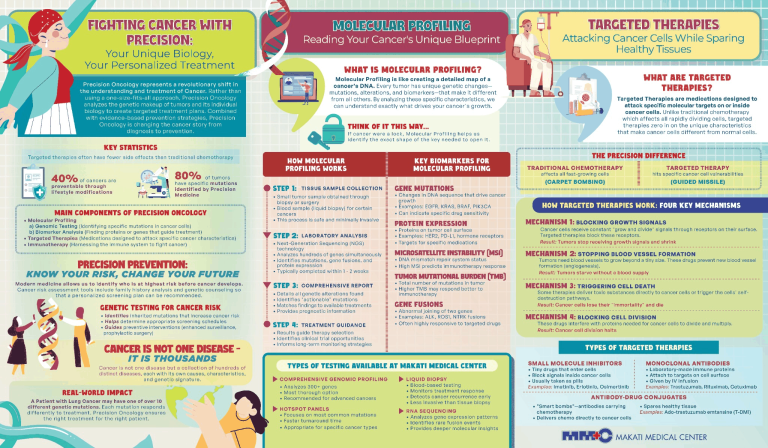In her practice as a Neurodevelopmental Pediatric Specialist at Makati Medical Center (MakatiMed), Ma. Veronica Nable-Reloza, MD’s patients include a jazz pianist, a woman who snorkels and dives, and a college student who traveled solo from the US, where she studies, to the Philippines to visit her grandparents.
To those around them, they are as ordinary as they get. But to Dr. Nable-Reloza and the families of these patients, they are a hopeful possibility of what life could be like for those diagnosed with Autism.
“These are things we want to look forward to,” says Dr. Nable-Reloza. “Some may not be able to go that far, but it doesn’t hurt to try. We want to tell parents that each story is different. But each story is beautiful too.”
What is Autism?
Defined as a brain-based developmental disorder that impacts one’s ability to communicate, socialize, and behave, Autism or Autism Spectrum Disorder (ASD) ranges from mild to severe. It is genetic, so families are predisposed to Autism if they have autistic relatives, even up to the third degree. Experts are now exploring the possibility of epigenetics, or how environmental factors can affect the genes.
Present at birth, Autism can be detected as early as six (6) months, though some have been known to show signs of the disorder by age five (5).
“The first thing you’ll see is a difference in eye contact,” shares Dr. Nable-Reloza. “Typically, a baby will look back, exchange gazes with you, smile back. If you don’t see it in six (6) months, that’s a red flag. At 18 months, babies with Autism will not be able to point to an object or person or event (protodeclarative pointing). Instead, they will pull you to show you what they want. And then there is the lack of words at one year old. They are not able to communicate their needs, or if they do, it will be slower than their peers.”
Not sure if it is Autism?
It is best to see your child’s pediatrician, who can conduct an M-CHAT-R (Modified Checklist for Autism in Toddlers, Revised), a 20-question screening test for toddlers between the ages of 16 and 30 months old. Another test, the ADOS-2 (Autism Diagnostic Observation Schedule-Second Edition) is considered the gold standard in diagnosing Autism. Used on older children, it involves semi-structured conversation and play activities to gauge a patient’s communication and behavior.
Ultimately, a diagnosis of Autism deals a devastating blow, and parents are likely to blame themselves for it.
“That’s what we want to say: It’s not the parents’ fault,” emphasizes Dr. Nable-Reloza. “But parents play a big part in making the child better. Autism is a spectrum, so there’s definitely a lot of hope, and parents are the first ones who can help their children improve.”
Here are four (4) things parents can do:
1. Start them young
Sign your child up for therapy—occupational, speech, physical, Applied Behavioral Analysis—as soon as a symptom of Autism becomes apparent. “The brain cells of a child before the age of 6 are very neuroplastic (ability of the nervous system to reorganize its structure, functions, or connections in response to intrinsic or extrinsic stimuli), adaptable and easy to change, thanks to experiences,” says Dr. Nable-Reloza. “The earlier you start hammering with therapy, the sooner rewiring happens.”
2. Keep them comfortable
Children with Autism have difficulty expressing themselves, so it is important to anticipate health conditions associated with the disorder. “Commonly, we see gastrointestinal symptoms like diarrhea and gastroesophageal reflux,” notes Dr. Nable-Reloza. “Children with Autism who can’t talk will suddenly throw a tantrum because they’re bloated, and stomach acid backs up to the esophagus. We work with doctors from other specialties for this.”
Autistic patients, particularly adolescents, are prone to seizures, and a sudden episode can be traumatic to family members. Ask your pediatrician what to do when your autistic child gets a seizure, and to prescribe medication, if necessary.
3. Discover their interests
Autism is a lifetime diagnosis but depending on where in the spectrum your child lies, it can improve over time, as seen in Dr. Nable-Reloza’s pianist and diver patients. “When they’re young, observe what interests them. Then make sure you support their talent by providing extra lessons or encourage
consistent practice,” she says. “To save, we can even tap social media for free learning materials.”
If there are opportunities for peer interactions related to their interests within the community, Dr. Nable-Reloza says it also helps; just make sure you will supervise them accordingly.
The possibilities are endless: Autistic children have held painting exhibits, competed in sports, performed before a live audience. Go by their pace; don’t push them to become great artists or Olympic medalists. Activities that are fun, useful, and contribute to their therapy are the best.
“Aqua therapy is a form of occupational therapy,” adds the Neurodevelopmental Pediatrician. “The sensory benefit from the water can help calm the child down. And when you teach them to swim, they learn a survival skill.”
4. Support them
And we just don’t mean financially. “We always go back to the home,” declares Dr. Nable-Reloza. “Do things together. Talk to your kids. Support them emotionally. Discipline them in a nice, firm, and consistent manner.” For the older kids, she recommends no gadgets before the age of two but allow one hour of gadget time for those between the ages of two and seven. “When they become inattentive to therapy or conversation [and more focused on online games and shows], there’s less chance to engage with them.”
It is a sobering reality: Raising an autistic child spells a lifetime of looking after someone who isn’t equipped to do it for themselves. But for parents, it also means a lifetime of hoping, learning, and loving unconditionally.
“It is lifelong. But don’t think of it as a death sentence,” says Dr. Nable-Reloza. “It’s hard, but it’s also rewarding, especially when you put all your effort and heart into it, because whatever happens, you made the most of it. And the wonderful thing is, while they’re learning, our children are teaching us something, too.”
Article based on the Doctors on TV guesting of Ma. Veronica R. Noble-Reloza, MD last January 21, 2024.
Find the complete list of MakatiMed Pediatric Specialists here. For inquiries/assistance, you may reach us via MakatiMed On-Call at (+632) 8888 8999 or at [email protected].
Follow our social media pages for more health-related content and for the latest updates: https://www.makatimed.net.ph/social-media-pages/


